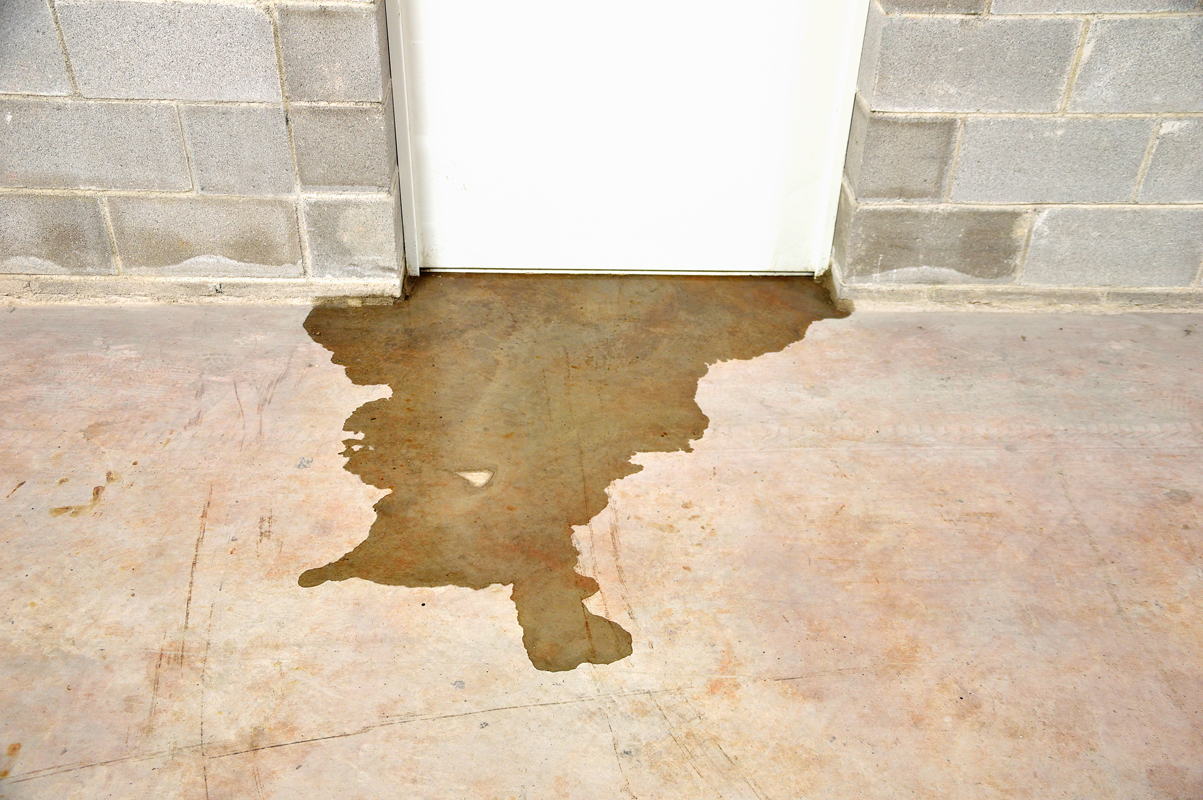As the weather starts to warm up, it’s important to be thinking about getting your commercial roof ready for Spring. The last thing you want when the rain starts to pour is a leaky roof! This blog post will discuss some commercial flat roof tips to keep in mind to get your commercial roof ready for spring and summer.
Commercial Flat Roof Tips:
Have your commercial roof professionally inspected.
One of the most important things to do is have your roof inspected by a commercial roofing professional. They will be able to identify any potential problems and make sure that your roof is in good shape.
It’s also good to have them clean your roof and its drainage system, as leaves and debris collect over the winter months and can keep rain water from draining properly, causing it to pool up on your roof..
What we look for when inspecting your commercial roof.
There are a number of things that our commercial roof inspectors look for when conducting their inspections:
- Debris build-up
- Pooled/standing water
- Drainage system blockage
- Inspect roof-to-ground drain system integrity
- Substrate or membrane damage or deterioration
- Flashing damage
- Missing or insufficient seals
- Seals around roof penetrations
- Breakdown in building infrastructure
- Presence of animals/insects
Don’t forget to inspect your below grade space.
If you have a basement in your home, you’ve probably noticed that your sump pump regularly runs with the recent snowmelt. Sump pumps help prevent water damage in residential basements – they perform an important function in dispersing snowmelt and rain away from the foundation of your house. Commercial buildings with below-grade space are also susceptible to water damage caused by roof drainage issues.
Though some commercial buildings have sump pump systems, they generally rely on the roof’s drainage systems and exterior landscape design to move water away from the foundation. That’s why any breakdown in your commercial roof’s drainage integrity can result in seepage in below-grade spaces, leading to mold and mildew and damage to the contents of the area.
It doesn’t take standing water to do significant damage in below-grade spaces. Saturated foundations can do plenty of damage, especially for stored inventory susceptible to moisture damage.
Changes that could affect your roof’s drainage system.
Commercial roof drainage systems are engineered to provide adequate water dispersion even in the heaviest of rainstorms. Roof design and grounds design coordinate to move the rainwater away from the building quickly.
Many commercial building owners are unaware that changes to the roof structure, landscaping, and even the building itself can all have a negative impact on the function of the original drainage design. New equipment mounted to the roof, removal of landscape features, and even building-mounted signage can diminish the effectiveness of the original design.
If you’ve got landscaping projects or structural modifications planned, it is recommended that you have your commercial roofing contractor review the plans. Once the projects are complete, have them return to ensure everything looks good. It’s a small step that could save you lots of headaches (and expense) down the road.
Be prepared for a worst-case scenario.
Finally, it’s always good to have a backup plan in case of bad weather that overcomes your roof. We live in an area prone to severe Summer storms, so you should have a licensed commercial roofing contractor on standby if your roof sustains damage.
There’s nothing worse than having a leaky roof and settling for a residential handyman who knows nothing about commercial roofs because the commercial roofing contractors are all booked.
What’s worse is that you’ll not only pay the handyman, but then you’ll end up paying a professional commercial roofing company to fix it right!
The most important tip for commercial building owners: A Preventative Maintenance Program!
We really can’t stress this enough. The simplest way to keep your commercial building dry year-round is to invest in a preventative maintenance contract for your roof. You’ll have a fixed monthly payment and the peace of mind that your roof is well-maintained and regularly inspected.
As an added bonus, these programs can add years to the life of your commercial roof. With material shortages and rising costs, routine maintenance can help you postpone the cost of replacing your roof until the market stabilizes again.
Mint Roofing is your commercial roofing partner!
By following these commercial flat roof tips, you can rest assured that your commercial roof will be ready for Spring and Summer storms!
Ready to get started with our TopSite Preventative Maintenance Program or review upcoming building projects? We’d love to sit down and talk!
Give us a call or contact us today to get started mapping out your success plan.
FAQs
Q: What are some common issues with commercial roofs during spring and summer, and how can they be prevented?
A: Some common issues with commercial roofs during spring and summer include roof leaks, water damage, UV damage, and debris buildup. To prevent these issues, it’s important to perform regular inspections, clean drainage systems, trim trees near the roof, and repair any damage as soon as it’s noticed.
Q: How often should I have my commercial roof inspected, and what should I look for when selecting a roofing contractor?
A: It’s recommended to have your commercial roof inspected at least twice a year, ideally in the spring and fall. When selecting a roofing contractor, look for one with experience in commercial roofing, proper licensing and insurance, and good references from previous clients.
Q: What are the benefits of performing regular maintenance on my commercial roof, and how can it save me money in the long run?
Regular maintenance can help extend the lifespan of your commercial roof, prevent costly repairs, and improve energy efficiency. By addressing small issues before they turn into big problems, you can save money in the long run by avoiding major repairs or a full roof replacement.
Q: What should I do if I notice a leak or other damage to my commercial roof?
A: If you notice a leak or other damage to your commercial roof, it’s important to address it as soon as possible. Contact a reputable roofing contractor to inspect the damage and make any necessary repairs. Ignoring the issue could lead to further damage and more expensive repairs down the line.


